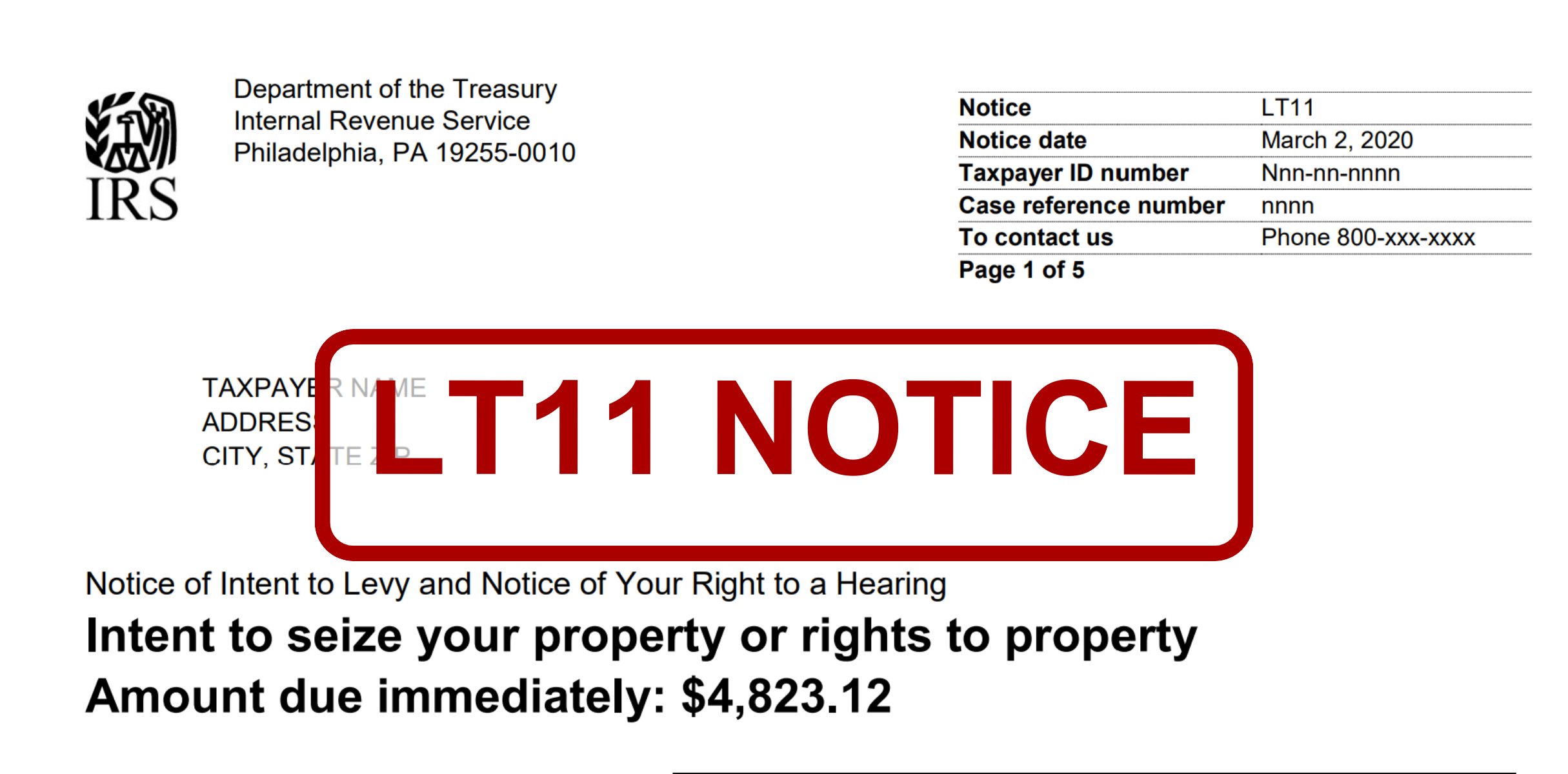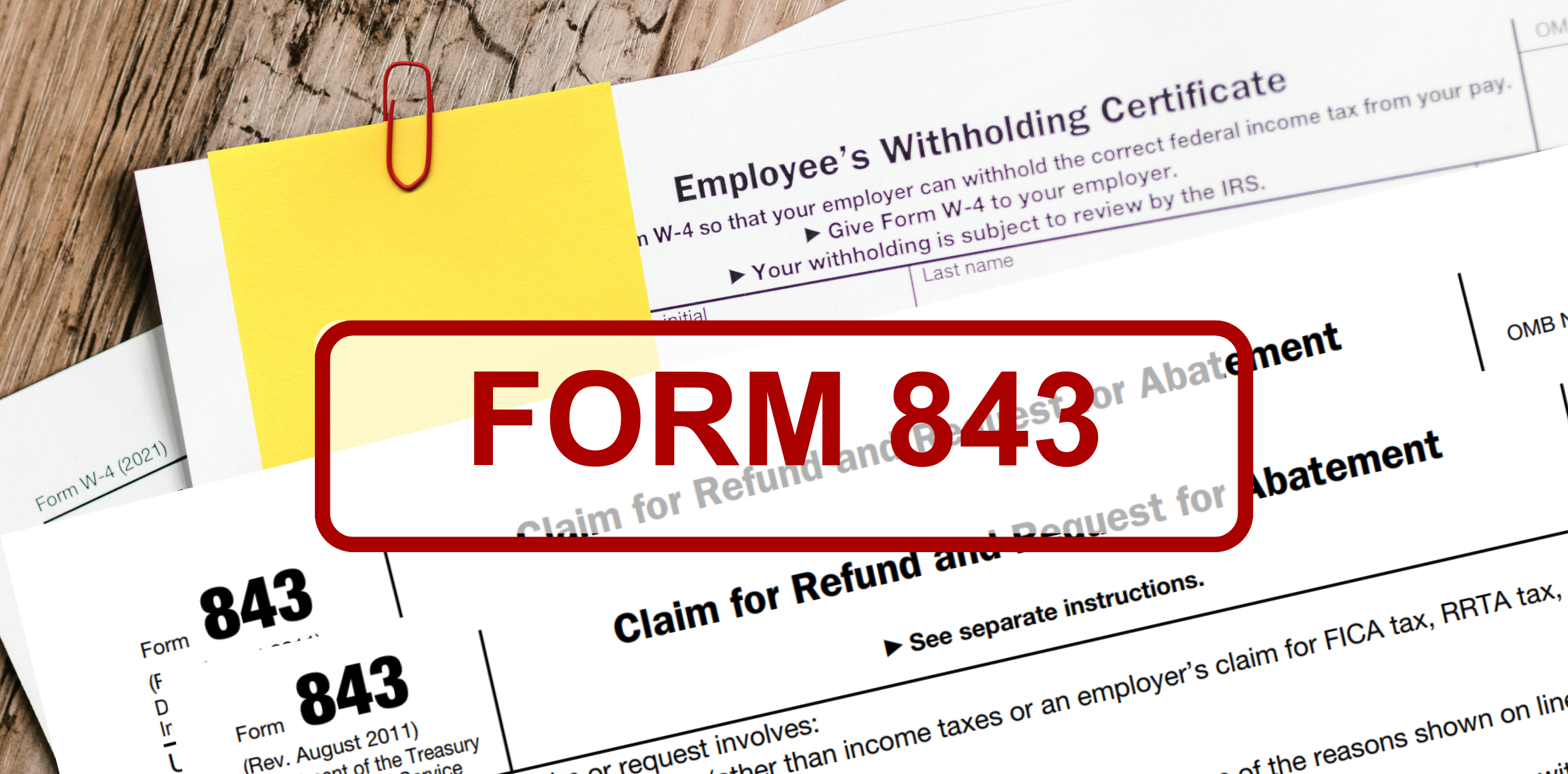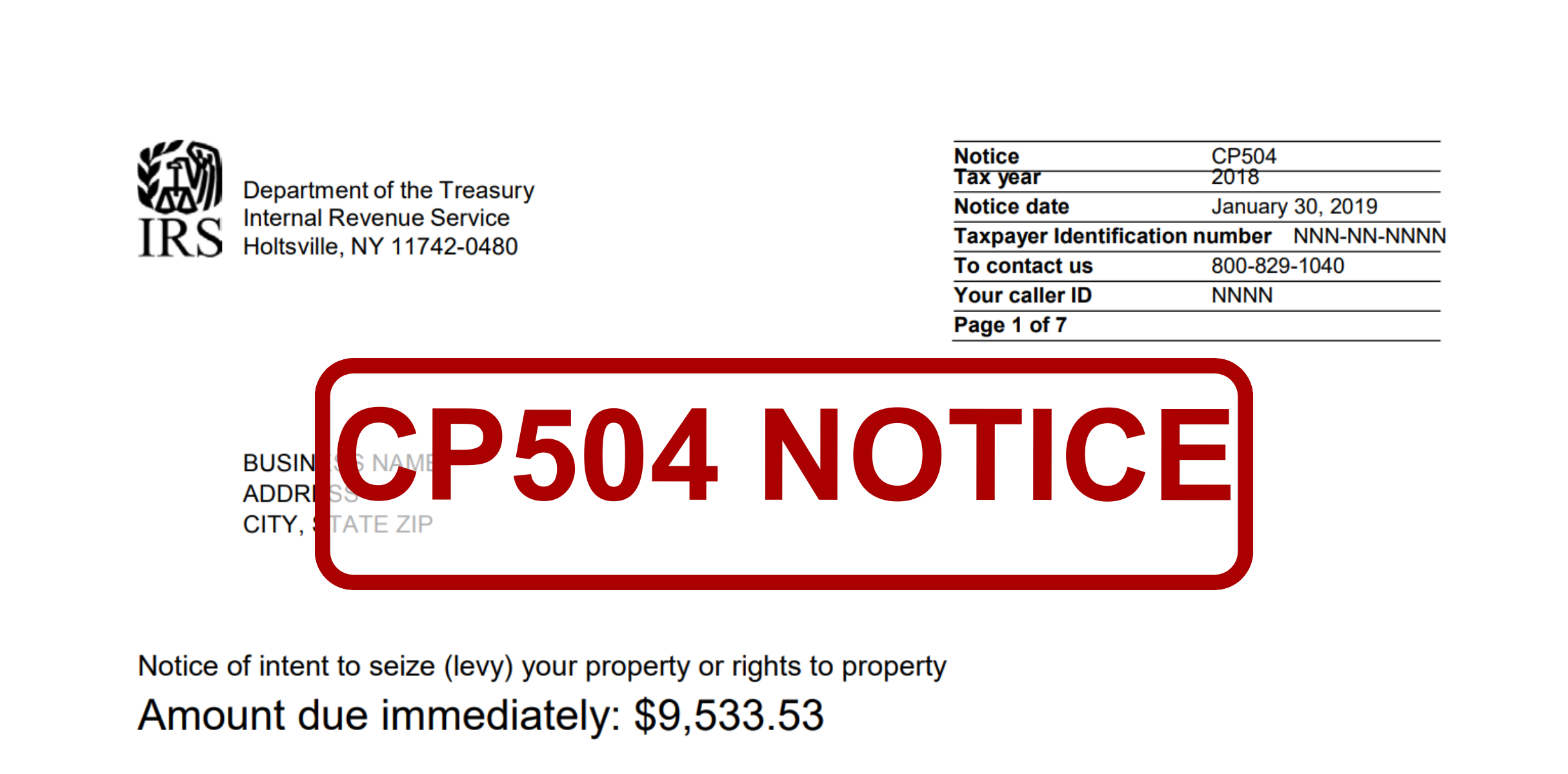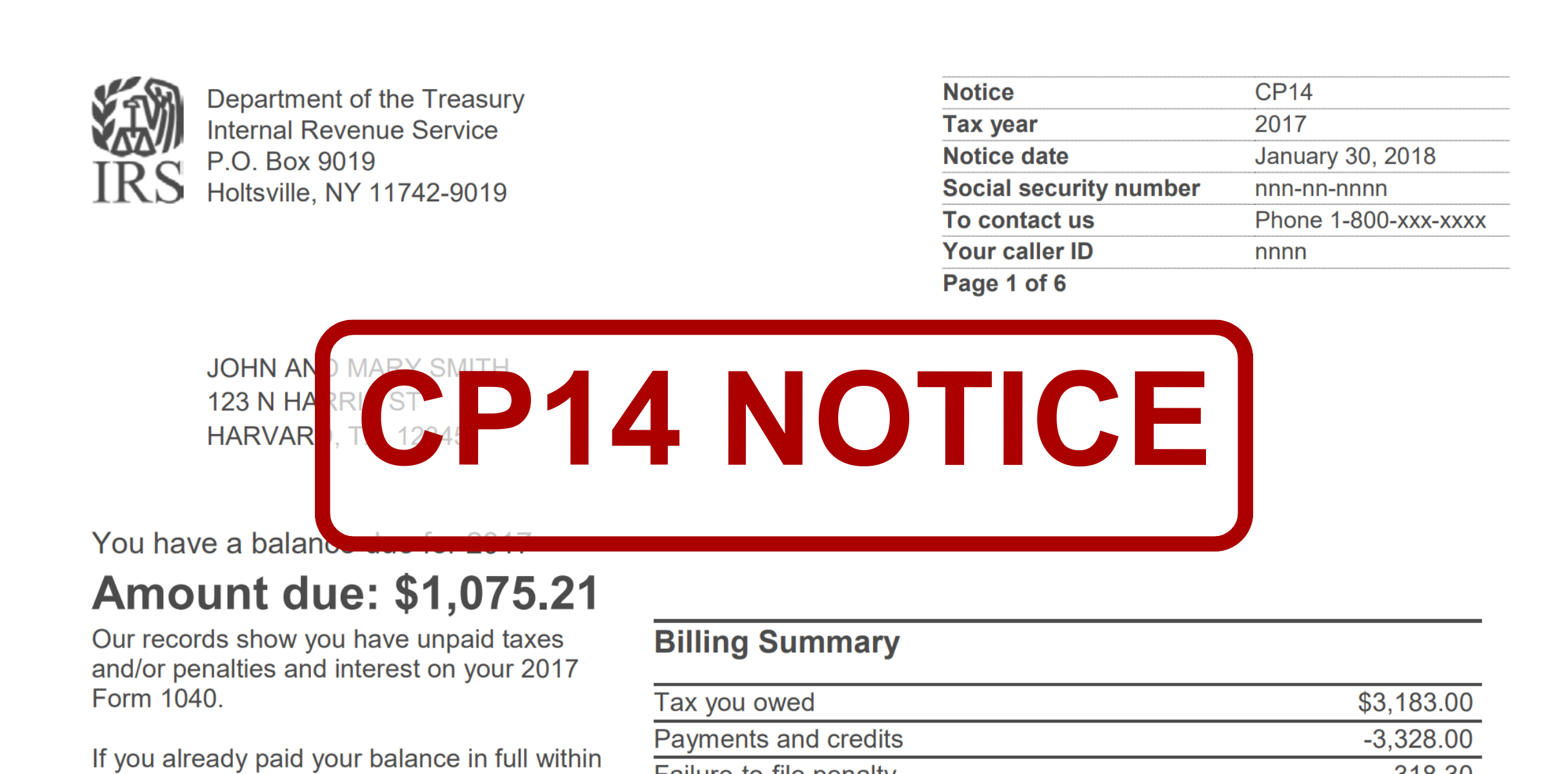Here is the Taxpayer Bill of Rights:
IRS Myth 11: Once You Get Audited, The IRS Will Never Leave You Alone
The IRS audits less than 1% of the total tax returns filed. There is usually a reason a particular return gets selected.
IRS Myth 10: The IRS Cannot Take Your House If It Is Your Homestead
While it is true that the IRS cannot one day put a lock on your residence and sell your house, they can take action to do just that. If a Revenue Officer is convinced that it is in the best interest of the government, he or she will request the Justice Department file a lawsuit in Federal District Court.
IRS Myth 1: People Who Do Not Pay Their Taxes Are Bad People
I talk to taxpayers, clients, and prospective clients either on the telephone or in person every day. People who do not have tax problems do not realize that just because you owe the IRS money, are getting audited, or have not filed tax returns does not mean that you are a bad or evil person. Most taxpayers cannot identify with these problems, but I can tell you that usually a situation beyond the person’s control is what gets them into trouble.
Understanding the IRS LT11 Notice (aka Letter 1058)
Receiving an IRS LT11 notice or Letter 1058 can undoubtedly elicit concern, yet sorting out the particulars is key to mitigating the associated apprehension. In this blog post, we will … Read more
IRS Installment Plan Versus Offer in Compromise
Tax season is coming to a close and with that comes the dreaded IRS audit and collection letters. If you are one of millions of taxpayers who owe the IRS … Read more
IRS Installment Agreements
Hi, I’m tax attorney Steve Klitzner. My practice is limited solely to representing individuals and businesses with IRS problems. In the beginning of 2012, the IRS came out with a … Read more
A Quick Guide to IRS Form 843
Understanding the opportune moment to file for a refund or request an abatement holds significant importance for individuals looking to enhance their financial position. Whether rectifying errors, responding to changes … Read more
IRS CP504 Notice – What is it and what does it mean?
The CP504 Notice from the IRS is a critical document that taxpayers must not ignore. Unlike the other preceding correspondences about outstanding tax debts, the CP504 Notice requires prompt attention. … Read more
IRS CP14 Notice – What you need to know
Facing the IRS CP14 Notice can be nerve-wracking, but with a bit of understanding, you can navigate through it successfully. While the prospect of unpaid taxes can be worrisome, understanding … Read more
IRS Appeal When They Say “No”
One of the great parts of representing taxpayers with IRS appeal problems is that the law gives them plenty of rights. One of my favorite is the appeal. The IRS … Read more
The IRS has 10 Years to Collect, But …
When I obtain transcripts from the IRS for my clients I always look for the day the tax was assessed because the IRS only has 10 years to collect the debt. However, there are some events that can occur over that period of time that stops the Statute of Limitations temporarily. They include offers in compromise, collection due process hearings, requests for installment agreements, and bankruptcies.
Installment Agreements Can Be The Best Solution
When you owe the IRS money, the first letter you get requests full payment. Every additional letter, telephone call, and personal meeting begins with the same demand. Sometimes taxpayers can write the check, but more times than not, there is no ability to pay the debt immediately.
Innocent Spouse Relief: How a Tax Resolution Attorney Can Help
Your spouse finding themselves in trouble with the IRS does not have to spell trouble for your entire family. If you receive an unexpected letter from the IRS about tax … Read more
Ignoring Your Tax Problems Is Costing You More Than You Think
Finding out you are being audited by the IRS or that you owe a tax debt can be intimidating. It is only natural to want to ignore the problem and … Read more
How to Stop Wage Garnishments From the IRS
Are you facing the daunting challenge of wage garnishment by the IRS? If so, you’re not alone. Dealing with wage garnishments can be a stressful and overwhelming experience, but don’t … Read more
How to Prepare for Tax Season
Tax season is fast approaching, and so is the dread that goes along with it. While the tax code may seem like an endless collection of complicated regulations, lengthy forms, and confusing deadline, getting through tax season can actually be quite easy. All you need to do is carefully and methodically tackle each step of the process before moving on to the next step.
Gather Your Documents
While you can start planning for tax season in December or January, you won’t be able to come up with more than a rough estimate until February. This is because employers have until January 31st to issue the forms that state your final income — W-2s for salaried employees and 1099s for independent contractors. Until then, you may want to start gathering your receipts for charitable donations, business expenses, and any other deductions you plan to claim.
How To Prepare For an IRS Audit
If the three letters IRS give you nightmares, you’re not alone. The fear of the IRS is a common emotion and one that will send chills down your spine. The good news is the chances of being selected for an IRS audit are relatively low. However, that doesn’t mean it won’t happen. Therefore, we would like to give you some tips on how to prepare for an IRS audit.
Should You Hire a Professional Tax Attorney or CPA?
An IRS tax audit is a very long and stressful process. In addition, understanding the tax code, for most people, is like trying to read a foreign language. It’s extremely difficult, unless you know what you’re doing. Hiring professional representation will ensure that you have someone representing you who has been educated in tax law and will be better able to speak for you than you could for yourself. Additionally, people sometimes unwittingly reveal too much information, information that isn’t required and that could potentially do more harm than good.
How to Deal With An IRS Audit
Being the subject of any tax audit can be stressful, but the intensity magnifies when an audit involves the Internal Revenue Service. Here are a few tips to help you deal with an IRS audit as efficiently and affordably as possible.
Understand why you’re part of an IRS audit. The IRS uses a computer system to “flag” certain tax returns for audit. Taxpayers with taxable income of more than $200,000, those who are self-employed and file a tax return with significant claimed business expenses relative to reported income, or those who claim high charitable contributions relative to income may be “high-risk” for an IRS audit, according to experts at the Society of Grownups.
How long can the IRS collect for?
I’m tax attorney Steve Klitzner. When I meet with a new prospective client, after we talk for a little while and I go over some of the options, I very … Read more




















